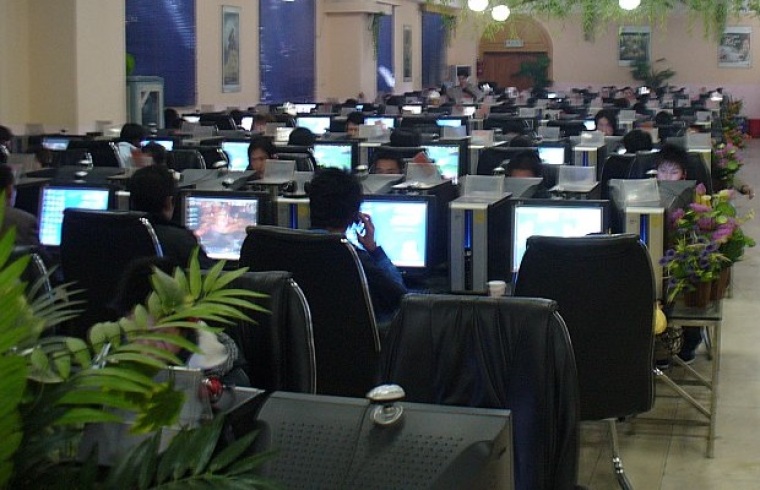No religious upbringing, high Internet use cause 'nones'

WASHINGTON (Christian Examiner) -- As more Americans increasingly claim to be "religiously unaffiliated," the question of why has been broadly speculated. A Massachusetts computer scientist claims the answer can be found-- at least in part-- by a combination of having no religious upbringing and increased use of the Internet.
Allen Downey, a professor at the Olin College of Engineering published a study last year titled "Religious Affiliation, Education and Internet Use."
"Not surprisingly, the factor with the strongest effect on religious affiliation is the lack of religious upbringing, and the number of people raised without religion is increasing, from 3.3% in the 1980s to 5.0% in the 1990s and 7.7% in the 2000s," Downey wrote in his conclusion.
The growth in those being raised without faith in the home accounted for about 25 percent of the observed decline in religious affiliation, he said.
Some observers claim it is the access to more knowledge -- that science counters what people have been told about faith in God.
But, two other factors also contributed to the increasing "prevalence of people with no religious affiliation has increased substantially since 1990," Downey wrote in his report. He found Internet use accounted for another 20 percent of he observed decrease in affiliation.
The greater the Internet use, the more religious identification dropped.
Those who reported only a few hours of weekly Internet use were 2 percent less likely to claim a religious affiliation than those who used no Internet. Those who used the Internet more than seven hours weekly were even more likely to reject religion — by an additional 3 percentage points, the Washington Post reported.
Downey said he found education was a contributor to the decline in religious affiliation, too.
Higher education accounted for five percent of those who claimed no religious affiliation
However, it is not clear what aspect of education and Internet use is to blame for falling away from religion.
Some observers claim it is the access to more knowledge--that science counters what people have been told about faith in God.
Others claim it is not just knowledge, but "knowledge of good and evil" that is to blame, and point to increased exposure to pornography on the World Wide Web and the lure of premarital sex, as well as drugs and alcohol, on college campuses.
Still, the combined effects of upbringing, internet use and education only accounted for 50 percent of the observed increase in the number of those who claimed no religious affiliation.
So half the growth in the religiously-unaffiliated population, especially among younger generations, remains unexplained.
In the end, Downey acknowledged "correlation does not imply causation," but he maintains in this circumstance correlation may provide evidence of causation.
"We can't know for sure that Internet use causes religious disaffiliation," he said. "It is always possible that disaffiliation causes Internet use, or that a third factor causes both."